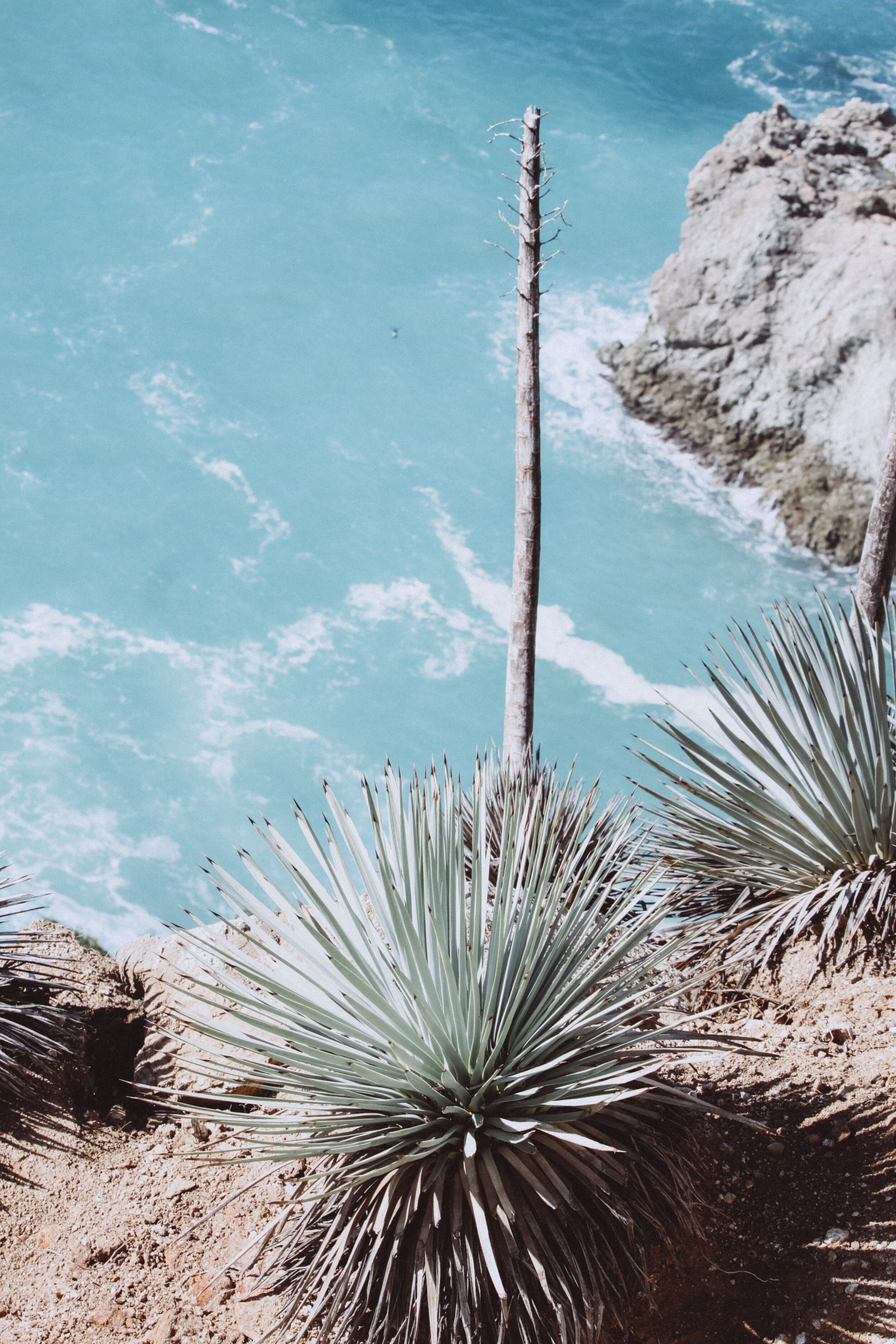
Bacanora
Origins
The distillation of Bacanora was considered illegal from 1900 until 1992 by the Mexican government. In fact, you could be hanged just for making the spirit. For this reason, Bacanora was commonly bootlegged around the region due to its popularity by the locals. Because the spirit was prohibited for so many years, it’s actually difficult to find the agave plants needed for its processing and nearly all of it grows wild in this region. In 2005, Bacanora received a NOM (Denomination of Origin) from the Mexican government which protects the spirit and ensures that it can only be made in the Sonora region.
Bacanora is grown in the Mexican state of Sonora in the Northwestern region of the country. In this drier climate, Bacanora has a less smokey characteristic than most other mezcal spirits and lends to a peppery, earthy, dry and complex flavor profile.
What Makes it Bacanora?
How is it made?
The traditional methods for manufacturing and distilling Bacanora are much the same today as they were hundreds of years ago. When the Agave plant is 6-7 years old, they are hand selected and the harvested for production. The cores of the agave plant are roasted / cooked in underground pits for approximately two days.
The cores are removed and mashed into pulp. This pulp is then placed into pits cased with cement, thoroughly cleaned, adding fresh water and covering them perfectly to avoid air contact. The fermentation process begins and lasts anywhere from 6 - 12 days. Distillation is usually done in copper stills and is also typically a double distillation which gives Bacanora a slightly more nuanced quality over other mezcals.
Legal Specifications?
• Must be made from wild agave Pacifica
• Can only be made in the State of Sonora
• Piñas cooked in below ground ovens
• Must be distilled at least twice
Where can it be made?
Sonora, Mexico
Tasting Notes & Popular Expressions
“The Secret of Sonora” - Bacanora, has a more subtle flavor when placed in comparison to other mezcals. This is largely due to the climate that the agave Pacifica plant is grown from which Bacanora is made. This climate and the flavor of the sugars from the plant lend to dry, peppery, and earthy flavors. There are also two other varietals that are popular among locals but harder to find for others - uvelama and anise. These are bacanoras that are infused with anise or uvelama (small plum like fruits grown in the same region of Sonora).
Suggested Brands - Mazot, Cielo Rojo, Rancho Tepúa, & Santo Cuviso
Suggested Cocktails - Distrito Federal, Bending Blades, Cloud 9, Jungle Bird (swap out the rum)
